100 years: 10 cars that changed the industry
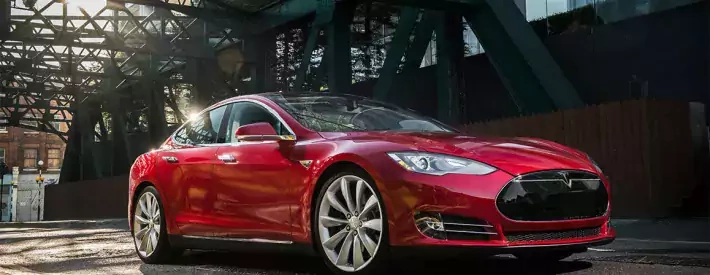
In this article: A lot has changed since the IMI first came into being 100 years ago. The car market was still in its infancy, and many of the brands we know and love today didn't exist yet. As the car has evolved over the last century, we're taking a look at the most influential cars in that time, one for each decade.
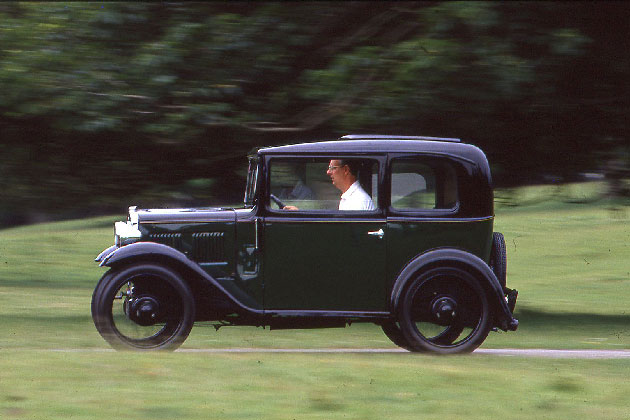
1920s – Austin Seven
The little Seven revolutionised the British car industry when it came along in 1922 – doing for the UK what Ford's Model T had done in the USA. Along with its own popularity, licence-built Sevens were the first cars for what became BMW and Jaguar, and the very first Lotus was a modified Austin Seven built for trials racing.
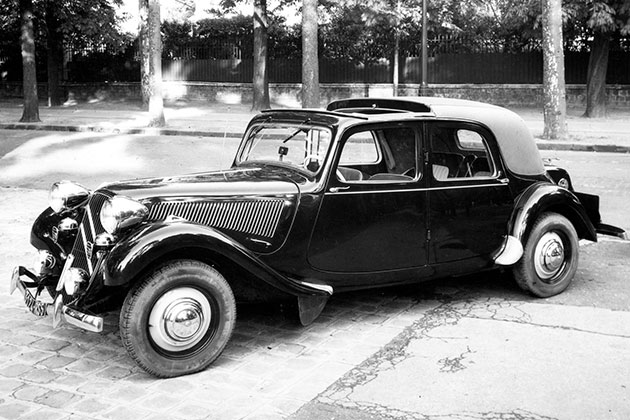
1930s – Citroën Traction Avant
Citroen's Traction Avant – or rather 7 – was a radical rethink in vehicle engineering. Aside from the front-wheel drive that gave the car its nickname, the TA used four-wheel independent suspension, in a time when leaf springs were the norm. Possibly the most revolutionary feature though was the unitary body, with Citroen using a monocoque rather than body-on-frame.

1940s – Willys Jeep
A vehicle born out of necessity during war, the Willys MB Jeep proved hugely important. Along with the half million originals, both Mitsubishi and Ssangyong started out building Jeeps under licence, while the civilian version was the foundation of the Jeep brand. The Jeep was also the influence for the incredibly popular and enduring Land Rover Series I.
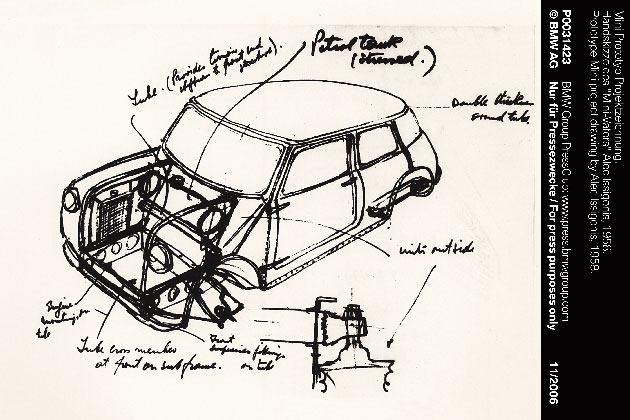
1950s - BMC Mini
There's few cars quite so influential and well-loved as the original Mini. Almost any modern hatchback with a transverse front engine and front-wheel drive owes its existence to the Issigonis-designed Mini, which accounts for most of the best-selling cars on the UK market. After 41 years and 5m cars, BMW bought the brand and created its own first front-drive car in the Mini's image.
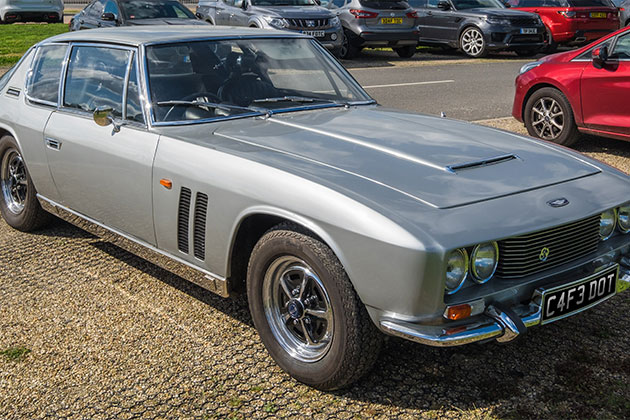
1960s – Jensen FF
The 1960s was an era with so many beautiful cars, but the Jensen FF – while not popular – brought about changes we take for granted today. It was the first production car with anti-lock brakes, but also the first car to use four-wheel drive. The Ferguson-developed system was a curio in 1966, but is almost standard fare in 2020.
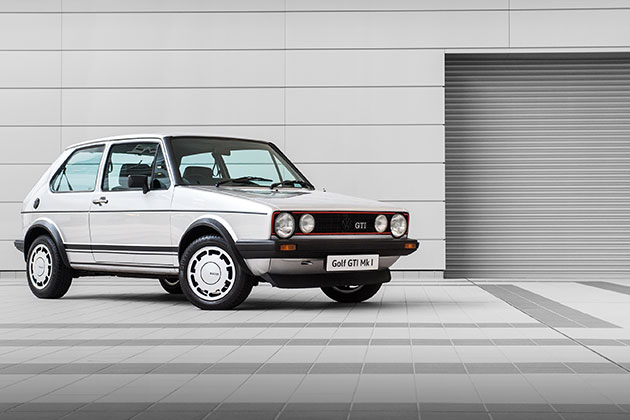
1970s – Volkswagen Golf GTI
British car buyers love a hot hatch, because they do everything. As quick as a sports car down a B-road, but with hatchback practicality, the hot hatch is a staple of the UK car parc that appeals to all. The Golf GTI didn't invent the sector, but it can certainly be credited with its incredible growth.
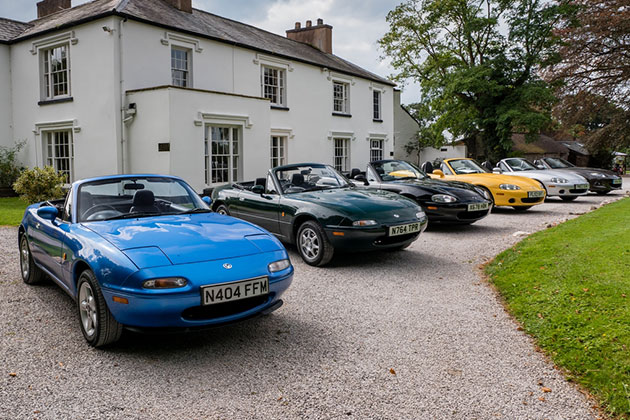
1980s – Mazda MX-5
Launched in 1989 as the Eunos Roadster in Japan, the MX-5 revived a sector that was essentially dead, and in doing so became the most popular sports car ever made. The lightweight, low-powered, convertible MX-5 has gone on to sell over a million cars across four generations – and its success has inspired numerous other cars in the sector.
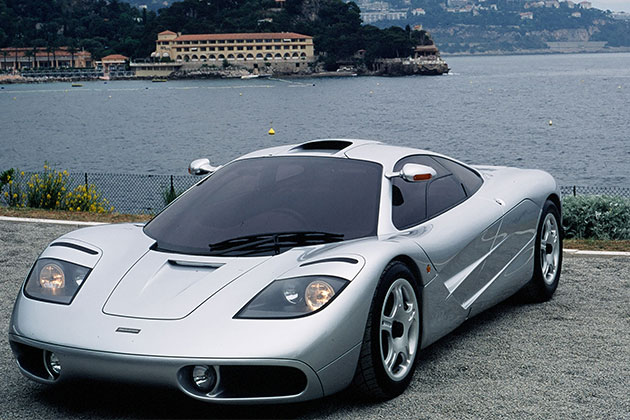
1990s – McLaren F1
This 240mph supercar – still the fastest naturally aspirated production car – broke all performance records almost by accident. Designed by Gordon Murray, the F1 was the first production road car to use a full carbon fibre monocoque, now the standard for high performance machines. All the roadgoing machines had an onboard modem for remote servicing and diagnostics too.
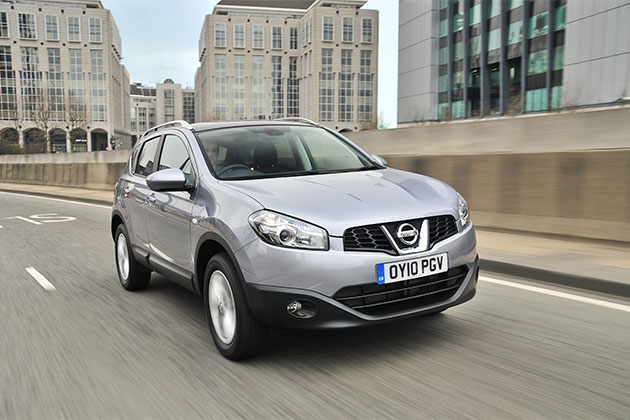
2000s – Nissan Qashqai
Nissan gave a debut to its flagship GT-R in 2007, but its most significant model came a year earlier. The British-built Qashqai – though not the first in the class – popularised the crossover and fuelled the boom in the sector, and Nissan's fortunes. It remains the best-selling vehicle in the class in the UK.
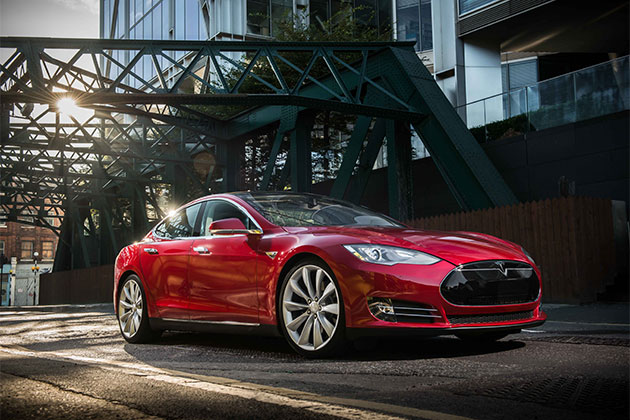
2010s – Tesla Model S
Whatever the future of the car, it's likely to be away from the internal combustion engine. There'd been a few electric vehicles before the Model S, but it was the first full production EV that you could drive as if it were a regular car. More and more manufacturers are now building cars of this type, but Tesla will always remain as the progenitor.




